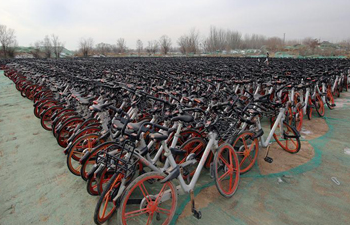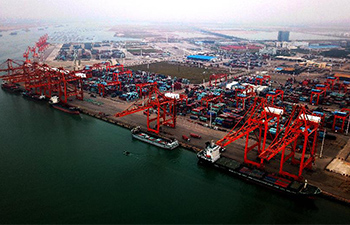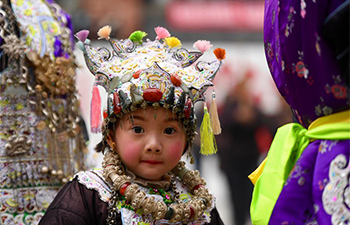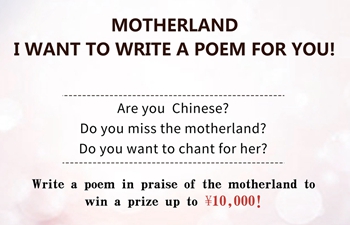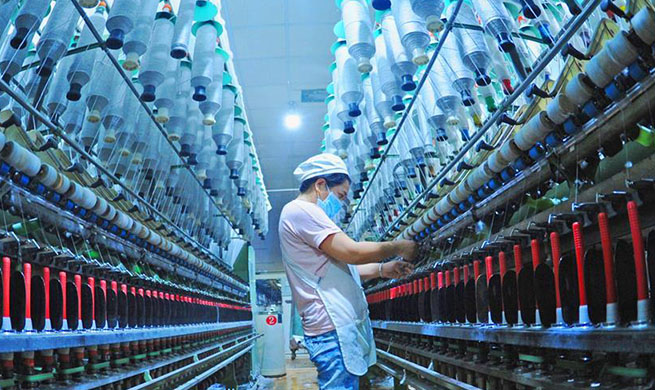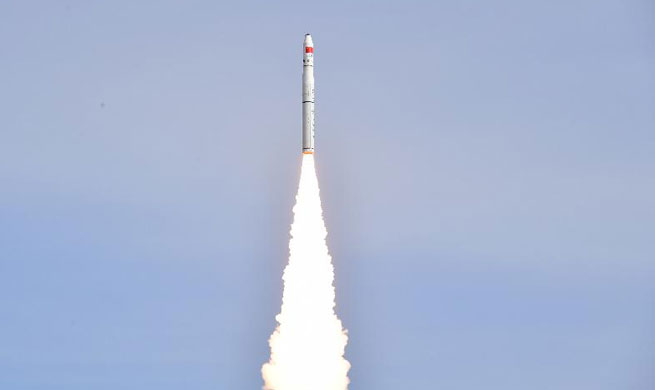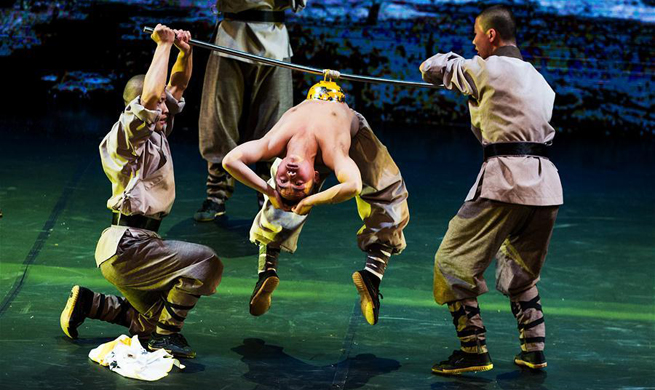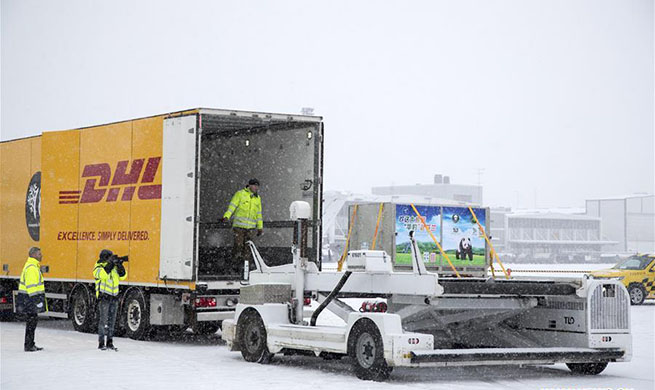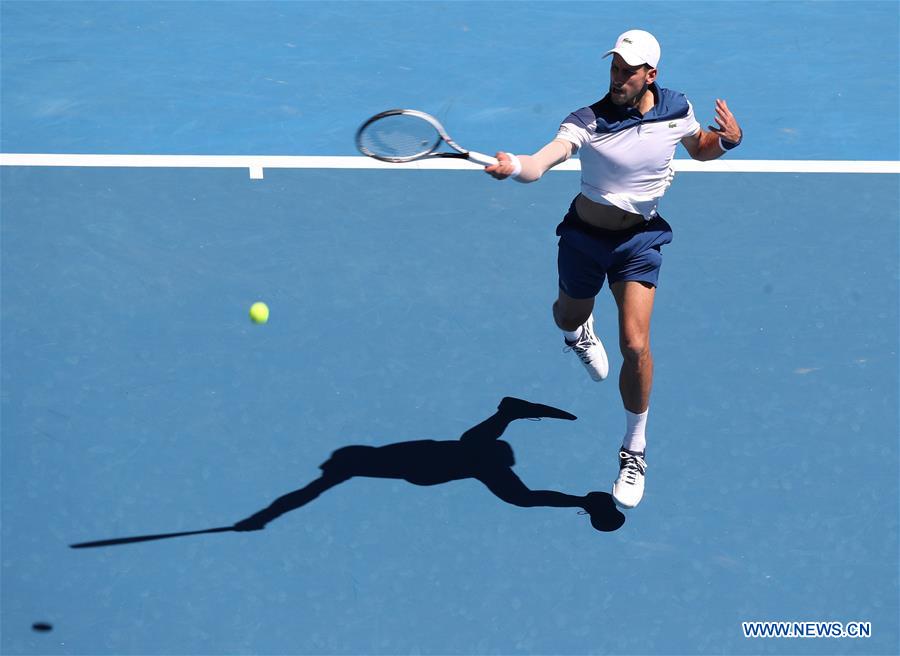
Novak Djokovic of Serbia returns a shot during the men's singles second round match against Gael Monfils of France at Australian Open 2018 in Melbourne, Australia, Jan. 18, 2018. Novak Djokovic won 3-1. (Xinhua/Bai Xuefei)
MELBOURNE, Jan. 19 (Xinhua) -- Friday's torturously hot conditions at the Australian Open in Melbourne, have raised serious questions about player safety and whether the event should be moved to a different time of year, outside of the Aussie summer season.
Described as "difficult to watch" by television commentators, French woman Alize Cornet layed on the ground in exhaustion midway through her third round clash with German Elise Mertens today.
When a medical attendant stopped play to check on the world number 38, microphones picked up audio of the doctor asking "Do you know where you are?"
After a timeout was called, Cornet bravely continued the match before eventually going down 7-5, 6-4.
Officially, the Australian Open do have a heat policy which takes effect when the ambient temperature hits 40 degrees Celsius and the humidity levels surpass a 32.5 degree Celsius wet bulb globe reading.
In this case, play will be suspended on the outer courts, while matches continue with the roof closed at Melbourne Park's three larger arenas.
But with temperatures reaching 43 degrees Celsius on Friday and around 40 degrees Celsius on Thursday, some players have spoken out about the complicated metric.
"There is a limit and that is a level of, I guess, tolerance between being fit and being, I think, in danger in terms of health," six time Australian Open winner Novak Djokovic said after his grueling 4-set match yesterday.
"Today was right at the limit."
"I think there are certain days where you just have to, as a tournament supervisor, recognize that you might need to give players few extra hours until (the temperature) comes down."
Yesterday, with the court baking in the sun, a reading from an Australian television broadcaster showed a surface temperature of 69 degrees Celsius.
Along with Djokovic, world number one Rafael Nadal also expressed his thoughts on the subject, and urged organizers to close the roofs much earlier in the interest of protecting players.
But simply suspending play or moving the event also has significant consequences.
There are around 70,000 visitors to the tournament each day over the two week period and canceling play also means those fans may have to cancel flights, accommodation and pre-booked holiday time.
For this reason, organizers have stated they have no intention of changing the date.
"On a day like today, what do you do? Last year's Australian Open winner, Roger Federer said.
"You stop all matches? The lucky guys on the big courts, they get to play under the roof. The other guys get postponed till the next day? Is that great? That's not great either."
"Is everybody going to finish at three in the morning, like a rainy day in New York. I've had that, too. Is that better? I'm not sure, honestly."






